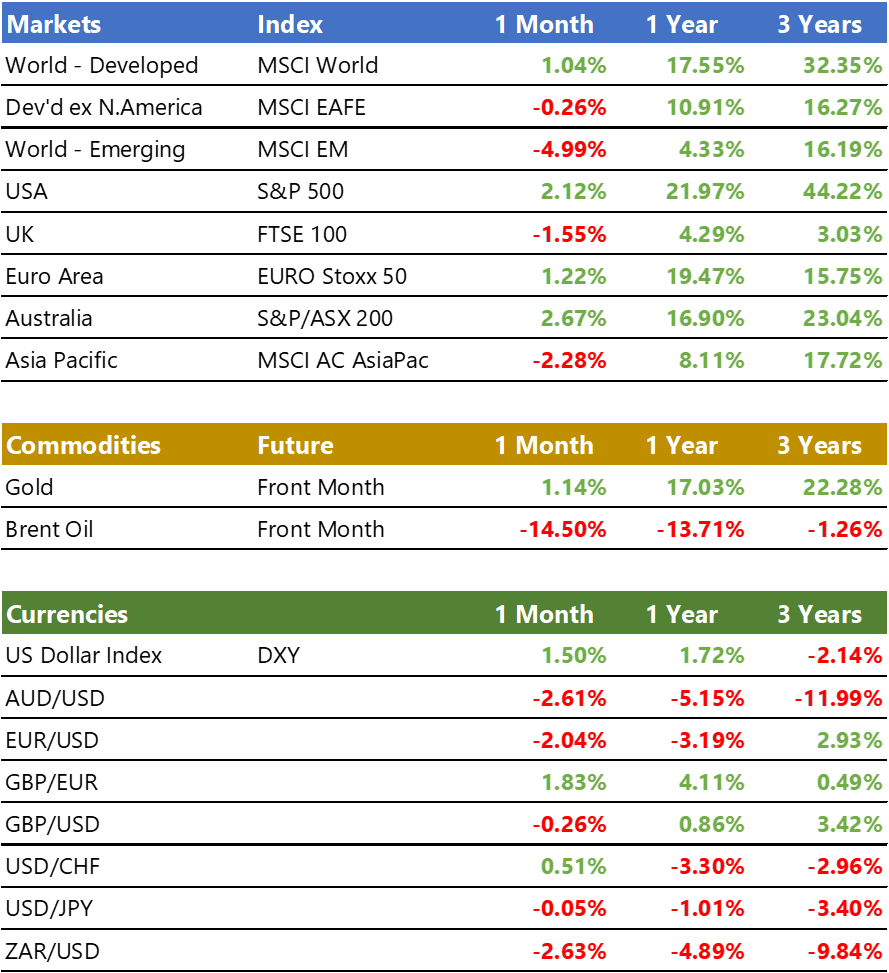For example, paying attention to the downside risk in markets becomes more and more essential as we get older. For my retired clients, or those in the last few years of their career, an important part of my job is highlighting the balance required between the desire for growth, and taking enough precaution in case of a major market correction.
We feel loss more than we feel gain
In behavioural economics, studies show that investors’ loss and gain perspectives are asymmetric, such that individuals tend to the feel the pain of loss more than the pleasure of gain. For example, the magnitude of pain felt by losing $1000 is equivalent to the magnitude of pleasure felt by earning $2000.Loss aversion helps explain why, for example, some investors decide not to sell a stock that’s fallen in price, enough though rational analysis of the stock clearly indicates that it should be abandoned.
FOMO presents a 'virtual loss'
But when there’s a feeding frenzy in markets, and we see prices continually hitting new highs, investors can temporarily forget the pain of actual loss, because it feels like a kind of ‘virtual loss’ when others are making gains but we are not. FOMO strikes.So why are we talking about this right now? Well, in spite of over 1,100 deaths and 45,000 infections from COVID-19 virus, stock market are reaching new highs. How can that be, when we could be on the brink of a global emergency?
Is it really true that the economic outlook today is somehow better than it was a month ago, on day of the announcement of the first death from COVID-19 (Jan 11th)?Markets have been behaving differently depending on where you are in the world. Look at the table below. The USA has been the powerhouse, whilst the bulk of other developed economies, plus Asia-Pacific and emerging markets, haven’t had such an easy ride.
Table – Key Market Performances - As At 12/2/2020
Let’s just remind ourselves on the basics of what drives markets...
In theory, the price of a stock is ‘fair’, in the sense that with corporate disclosure rule and millions or market participants, it’s impossible to outguess other investors and find a hidden gem. So, a stock price lies at the point on the scale where demand is instantaneously balanced by supply.Fundamental factors that affect this balance include macroeconomic data, industry conditions, operational profitability, management effectiveness, comparative price-earnings data, and corporate results. Stock analysts look at this data to try to determine what a price ‘should’ be.
Another factor that affects demand for stocks is the return available from the fixed income world. When interest rates and bond yields are low (as they are now), the hunt for yield can direct investors more towards equity markets. Money flow into markets creates demand. And if government policy appears to support continuing of low rates (as it does now), investors feel comfortable to take more risk in shares, since ‘cheap money’ is good for businesses.
Investor sentiment is the great unknown, and uncertain, influencer on markets. Investor sentiment affects prices when emotion takes over from logic, and feelings trump fundamentals. For example, you could make the claim that the price of Bitcoin is almost exclusively determined by sentiment. Bitcoin is postulated as a currency, but the price is driven as much by speculative demand than anything else (because supply is controlled).
Market commentators try to take account of sentiment, and you’ll hear phrases like ‘investors have baked-in earnings expectations’ to a share price. If the corporate results come out and earnings are less than expected, the stock price can fall, even though the results appear good in a technical sense. Sentiment is founded on assumptions, gut feelings, rumours, emotions, guesswork, hope, excitement, greed, fear, and FOMO.
Whilst on the surface, economic conditions in the US are good, growth forecasts were modest even before the outbreak. A ‘locked down’ China will almost certainly affect supply chains globally, especially in areas such as technology and communications. The WHO has used the phrase ‘tip of iceberg’ in reference to the spread of the virus outside China. Considering the implications of that for the global economy, it seems to me that US investor sentiment has ‘baked in’ a straightforward resolution to the outbreak, somewhat early.
Whether or not you agree, in my opinion, now is not the time to let FOMO skew your asset allocation away from a long term strategy that matches your risk profile; we should take the downside risk of the virus with the seriousness it deserves.


No comments:
Post a Comment
Roy says: "Thanks for taking the time to leave a message, comment, or continue the conversation!"